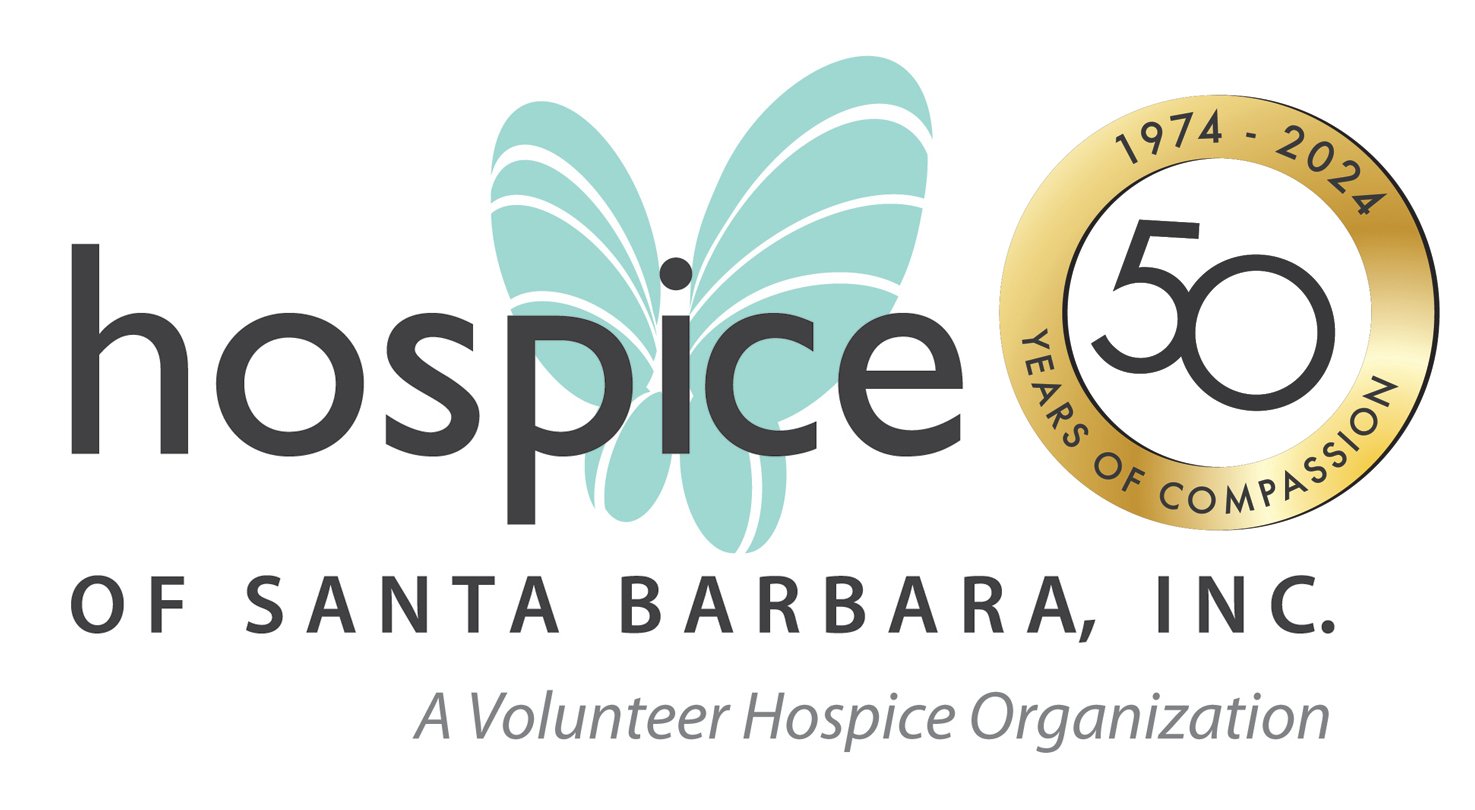Hear from HSB Community Engagement Manager, Jeanne West, on current and future community education programs in our Santa Barbara community.
It’s been almost a year since I joined Hospice of Santa Barbara as Community Engagement Manager. I came on board right after the successful Frank Ostaseski event in March of 2018 which drew 800 people to the Marjorie Luke Theater. With the community’s response to the “Don’t Wait” message of Mr. Ostaseski, along with participant response of “we want more,” we set out to create open dialogue about quality living at end of life and to normalize discussion about end of life issues.
Five workshops were developed by Suzanne Retzinger, MFT, Ph.D., Hospice Education Specialist, based on Mr. Ostaseski’s evening presentation and his daylong workshop. Giving more time to each of the Five Wishes, the workshops were two hours in length and offered over a five-week period. Attendance last summer ranged from 60-100 persons, eager to hear, in more detail, what the dying teach us about living and how to make our present life meaningful and insightful. This series of workshops was recently repeated at The Samarkand for their residents. The presentations are adapted to the audience demographics, size, and response and continue to be well-received. Plans are in process to take the Workshops to other local community groups.
On February 27, 2019, we will welcome Roshi Joan Halifax, a well-known and respected Buddhist priest who has devoted her life, writing, and teaching to compassionate care at end of life. She will share her wisdom and personal experiences in caring for the dying all over the world. Her presentation, entitled “Courage, Love, and Compassion” will be held on February 27, 2019 at the Marjorie Luke Theater and is free and open to the public, thanks to Hospice of Santa Barbara along with the generosity of many local sponsors. Once again, HSB plans to create a workshop based on Roshi Joan’s presentation and her recent book, “Standing at the Edge: Finding Freedom where Courage and Fear Meet.” That Workshop will be taken to various communities/venues throughout the Santa Barbara community in the coming months.
I have been reaching out to various groups to offer a variety of trainings, based on interest and needs. Subjects being offered include:
1. Assisting Caregivers through Grief
2. Caregiving at End-of-life
3. Let’s Start the Conversation – a precursor to Advance Health Care Planning
I am also proud to offer presentations on the history and services of Hospice of Santa Barbara. These trainings are tailored to the audience requests and needs. My hope is to meet people where they are and give them tools to address health care planning, caregiving, dealing with grief, and any other issues related to end of life needs.
Additionally, Hospice of Santa Barbara Social Workers are developing an educational series to address the issues and needs of first responders who often experience traumatic deaths and unusual end of life circumstances. Similar workshops can be developed for other special groups experiencing unique end of life situations and needing supportive services to deal with grief and loss.
While I am outreaching to various groups in the community, such as senior living communities, churches and faith groups, health occupation students, and other social organizations, I am always open to having conversations and receiving requests from others with special educational needs around quality of life and end of life issues. For more information or to schedule a presentation, call (805) 563-8820, ext. 136. I would love to hear from you!
-Jeanne West, Community Engagement Manager


